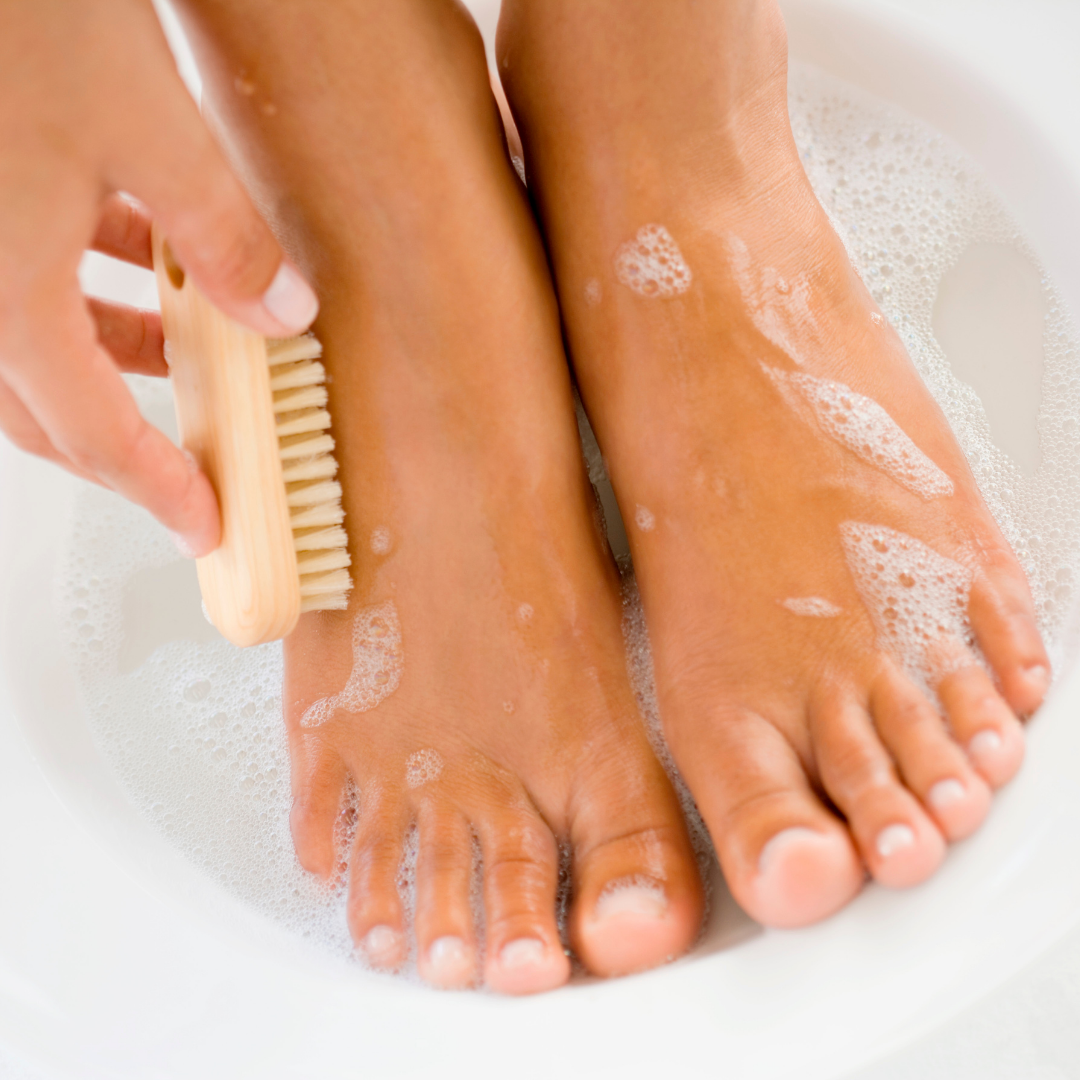Feet complications are a common concern with diabetics. Over time, the disease can cause nerve damage, forcing you to experience pain and tingling in your legs. Also referred to as diabetic neuropathy, the complication can make you lose sensations in your feet. However, managing your blood sugar levels may result in good health for your feet. Diabetes can also lower the amount of blood flowing to your feet, making it difficult for infections to heal effectively. Are you suffering from diabetic foot in Las Olas? Advanced Foot, Ankle, & Wound Specialists, PA, might be the place to visit. The professionals offer diabetic foot care to minimize their risks of developing diabetic foot ailments. Besides medication, taking care of your feet may help improve your life’s quality, making you live a comfortable life.
How can you care for your feet when you have diabetes?
So much happens when you have diabetes. You are supposed to control your sugar levels, eat healthy meals, find time to exercise, and go for appointments. Unfortunately, with all the requirements, chances are high that you are likely to forget about your legs. However, regular care for your feet is one way of shielding them from potential complications. To take care of your feet, your doctor may advise you to:
Take time to analyze your feet
Always look out for cuts, blisters, sores, swelling, and any other changes on your feet every day. It’s helpful is you use metatarsal pads in your shoes to help decrease the risk of metatarsal pads in your shoes. If you cannot reach the bottom of your foot, you may use a mirror or ask your loved ones to help.
Use warm water daily to wash your feet

Avoid the temptation of soaking your legs, even when using warm water. Instead, wash your feet gently in warm water and dry them with a clean towel before applying lotion. Ensure that the areas between your toes are dry to prevent infection risks.
Do not walk barefoot
Ensure you wear socks, slippers, or shoes everywhere to minimize your risks of infection. Before you wear your shoes, ensure that the inside is free of foreign objects that might result in an injury. Additionally, when fitting new shoes, ensure you do so in the evening when the day is about to end because it is the time your feet are most extensive.
Get your doctor to check your feet during your routine clinics
Besides your regular visits, you may also want to increase your appointments, especially when you have nerve damage for complete examinations. The assessment entails feeling your feet and checking out for adequate blood flow.
Engage in feet-friendly exercises
Opt for activities like riding a bike, swimming, or walking that are gentle to your feet to prevent them from straining. Always inform the healthcare professional before changing your routine and including other activities. You may also ask the healthcare professional to advise you on other things to maintain the health of your feet.
Shielding your feet from injuries is vital when you want to minimize your risks of developing severe foot complications. Additionally, maintaining regular care at home and attending all your appointments are sure ways to prevent foot concerns, minimizing the chances of minor problems escalating to severe infections.



